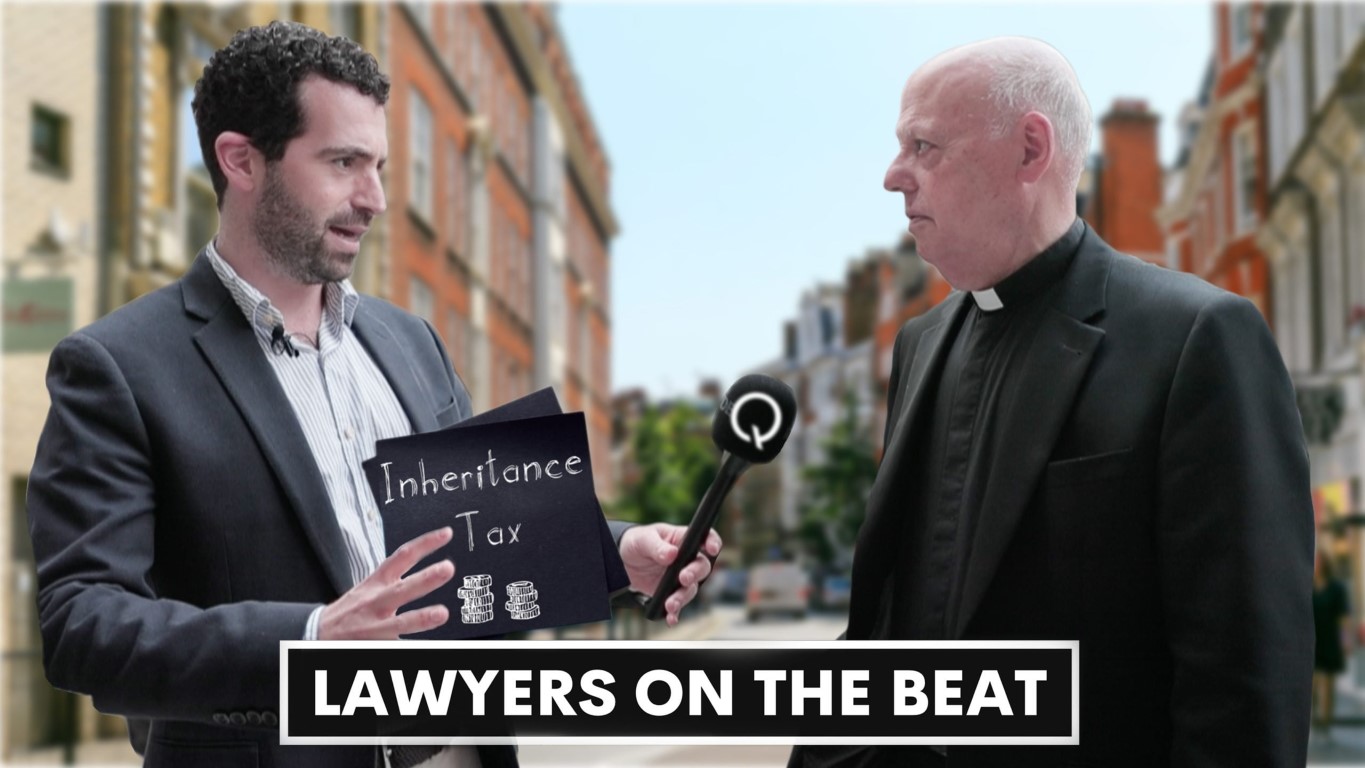Inheritance tax (IHT) has long been a polarising subject in the United Kingdom. Over the years, IHT has been the subject of fierce debate and faced scrutiny, on all ends of the political spectrum, for both its impact on wealth distribution and the burden it places on heirs.
And yet, despite being levied on a very small portion of the population and generating relatively little in tax revenue, this tax is supposedly considered ‘unfair’ by half of the taxpaying population of this country. But what is all the fuss about? Perhaps it is our cultural resistance to the discussion of death or we really are, as a nation, so deeply opposed to the concept of a perceived ‘double taxation’.
In this article, we delve into some of the detail and also point you to our recent video in which Ben Rosen canvasses the views of the public on this divisive issue.
The Fundamentals
Inheritance Tax is a tax on the estate of a deceased person, including their property, money, and possessions. It is charged at a rate of 40% on the value of an estate above a specific threshold, known as the ‘nil-rate band’, which currently stands at £325,000. Any assets above this threshold are subject to the tax, although there are various exemptions and reliefs available, such as the spouse exemption, the residential nil-rate band for primary residences and business/agricultural property relief.
The Divisiveness of Division
What are the arguments that cause such division?
Wealth Distribution
Those in favour advocate for its power in redistributing wealth by preventing the concentration of assets within a select few families. By imposing a tax on large estates, they argue that it promotes a fairer society and ensures that the wealthy contribute their share to public finances.
Burden On Heirs
Critics often highlight the emotional and financial burden it places on heirs. Losing a loved one is already a difficult time, and the added stress of navigating Inheritance Tax and dealing with lawyers can be overwhelming. Heirs may need to sell assets, such as family homes or businesses (often with a sentimental connection), to cover the tax bill, leading to concerns about the potential destruction of family legacies.
Tax Planning
Many point to the ability for wealthier families to instruct lawyers and tax advisors to assist in mitigating their exposure to IHT. This has fuelled debates about the fairness of the tax, as critics argue that it disproportionately affects those who are less able to engage in such planning.
Regional Differences
There are significant regional variations in property prices across the UK, particularly given that prices in London and the South East are significantly higher than in other parts of the country. However, the increase in property prices has brought many estates into the scope of IHT for the first time, despite those families not being ‘wealthy’ in the traditional sense, other than through passive wealth expansion through bricks and mortar. This means that families in these regions are more likely to be affected by IHT, leading to concerns about regional disparities.
Some Closing Thoughts
As you will see from this article and the video, the subject to IHT provokes a strong and impassioned reaction in many.
Whatever form it takes, IHT will always remain a polarising issue due to its complex interplay with wealth distribution, the emotional burden on heirs, tax planning strategies, and regional disparities in property values. While some argue that it plays a crucial role in promoting fairness and funding public services, others believe it requires reform to address its shortcomings, and reform is unlikely to lessen the volume of the debate!
For tax and private client advice and services, please contact Ben Rosen via our contact form below.









